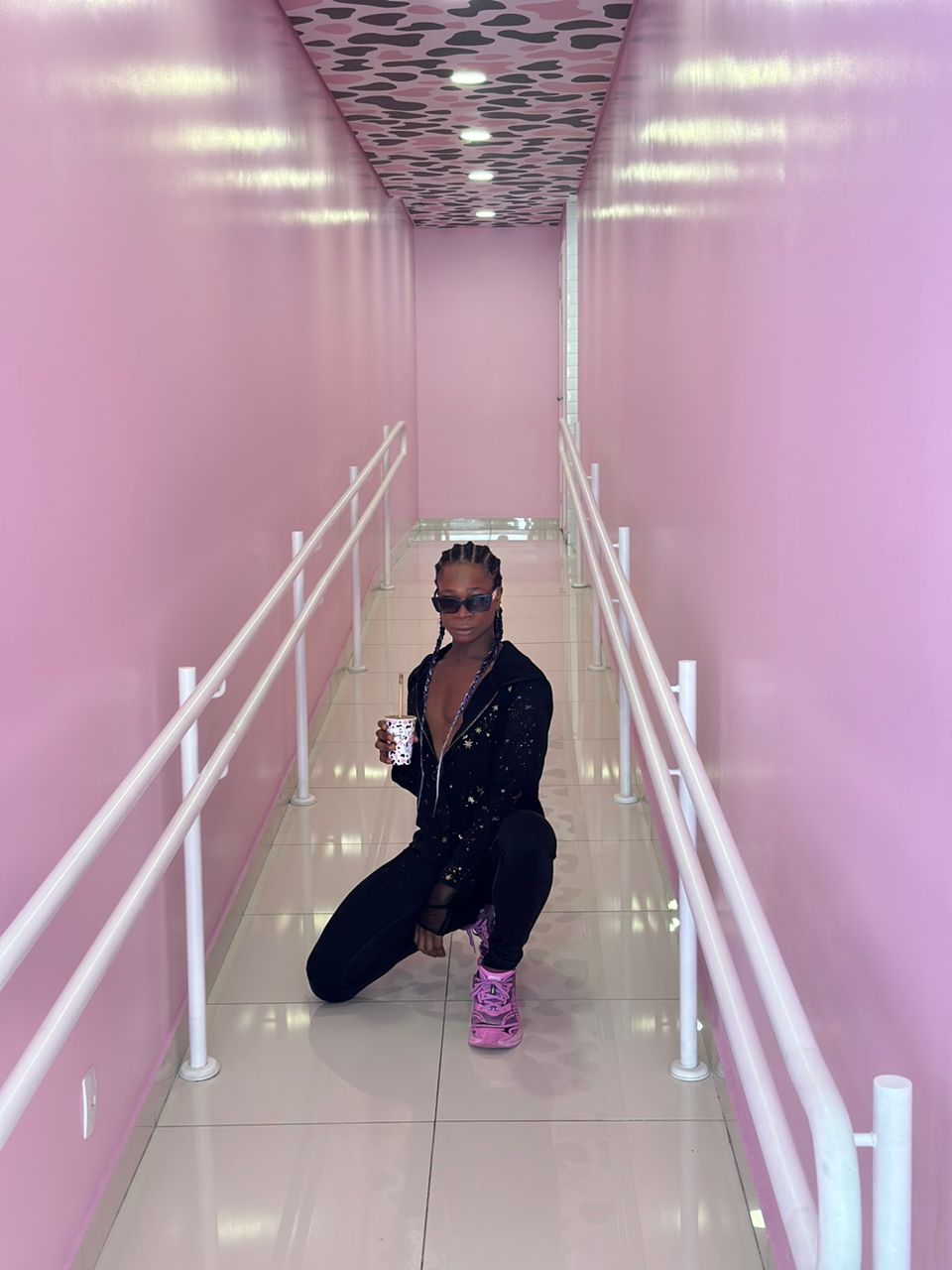“I’m Jhaya, but in the ballroom scene, I’m known as Destiny 007. I’ve been part of the ballroom scene in Brussels since 2018, and I’ve participated in balls in England, the Netherlands, and France.
I work as a choreographer, performer, and soon-to-be DJ. Music has always been a part of my life, and DJing complements my dance. It allows me to express myself differently and create my own musical style incorporating things such as the traditional music from my mother’s tribe in Ivory Coast. This music allows me to also mix my ballroom performances with my culture, which I love. It’s a bit of a healing process for me.”
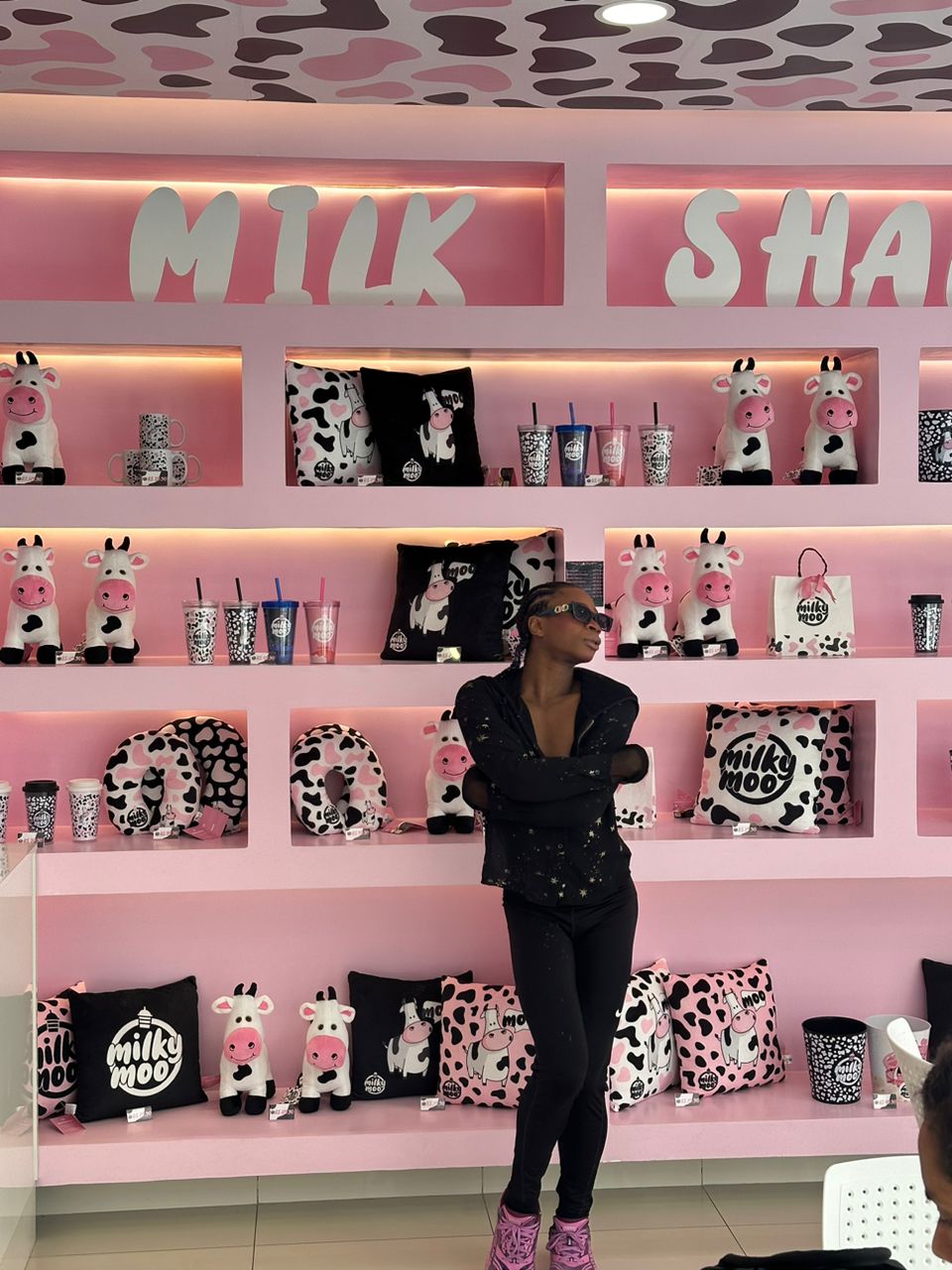 @taylor.dear
@taylor.dear
“I was drawn to the ballroom scene after watching a documentary featuring Keiona, the queen of France. She was talking about ballroom and all of the positive consequences it had on her. It made me realize I wasted years stumbling through the night life, going to raves, and adopting a ‘no future’ mindset instead of finding a supportive community. I began practicing voguing alone and later joined classes, for example, with the Legendary Pioneer Mother Lasseindra Ninja and Legendary Pioneer Mother Gorgeous Nikki Gucci. It was really hard, but at the same time, that’s what built me.”
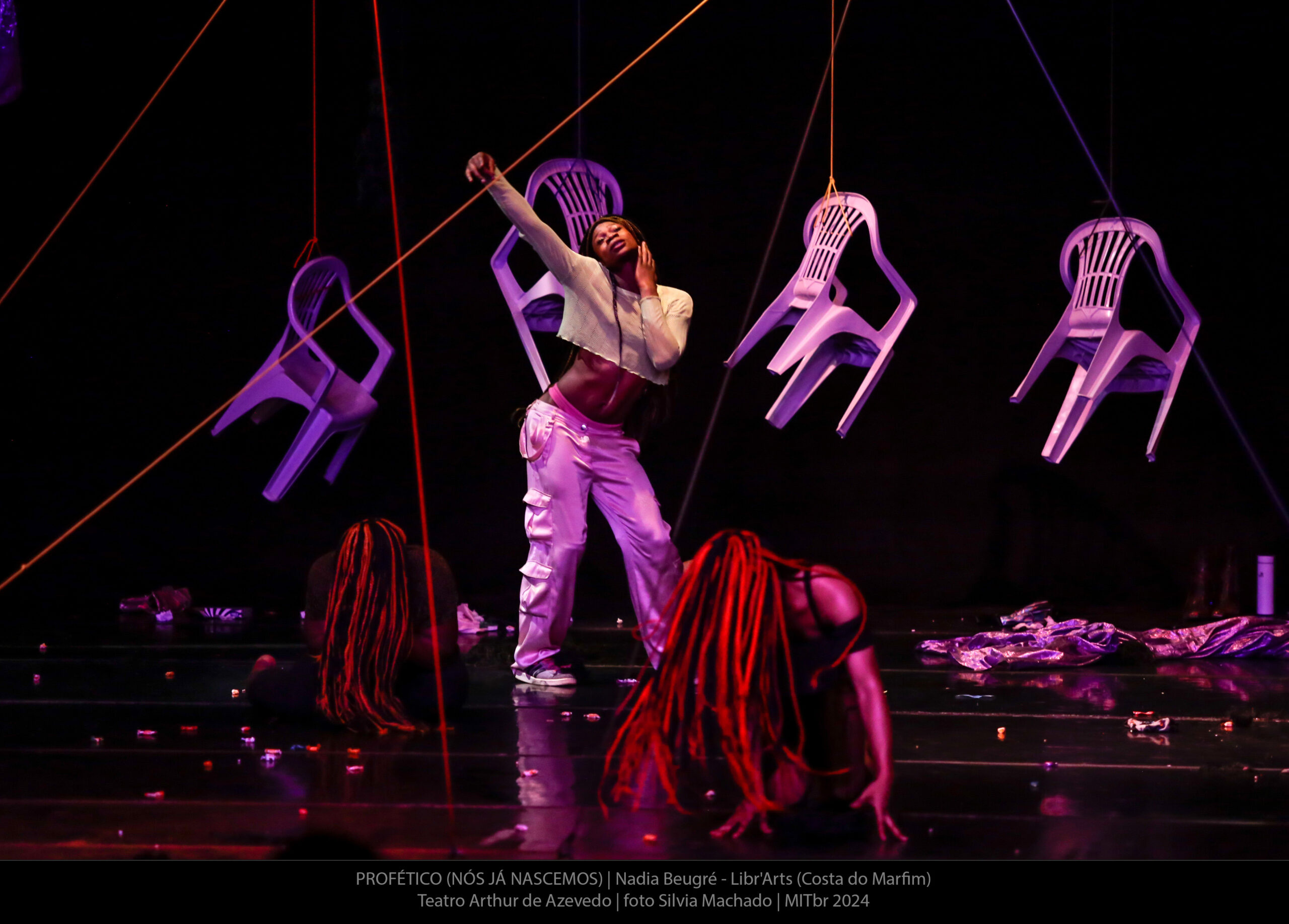 @Silvia Machado
@Silvia Machado
“Ballroom is a community and a safe space for BIPOC where I feel understood, valued, and free to express myself. It fosters personal growth, empowerment, and solidarity among minorities who don’t fit into the cis-tem. The ballroom scene teaches support amidst the members. No one bashes anyone because they themselves were bashed, in ballroom we “read” each other.”
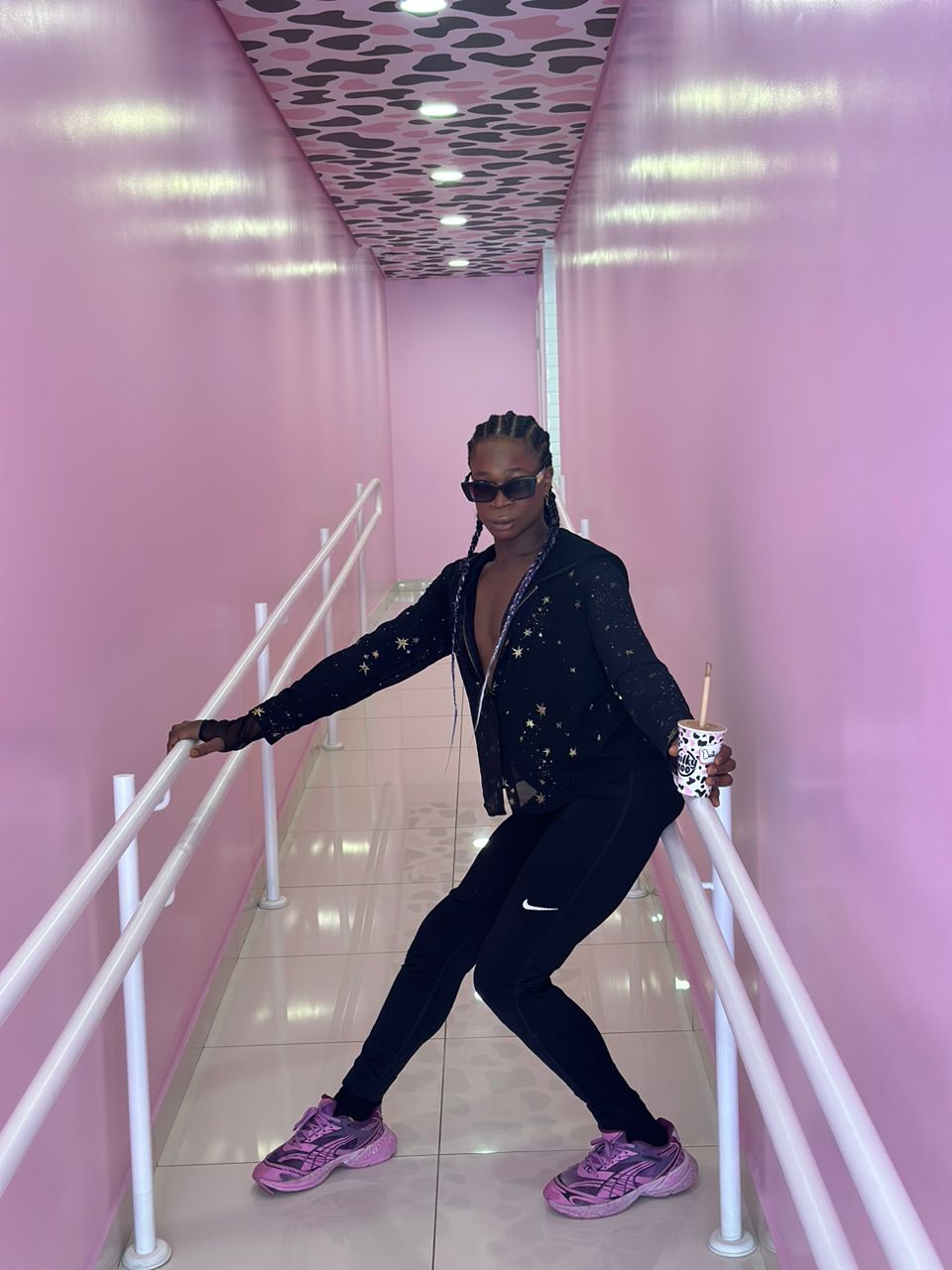 @taylor.dear
@taylor.dear
“Ballroom promotes self-love and acceptance, challenging biases within the queer community. As a black non-binary trans woman, I felt incredibly dysphoric whenever I didn’t have any make-up on, because I felt as though people wouldn’t recognize me as feminine enough. But in the ballroom scene, everybody recognizes me immediately, which is very liberating.”
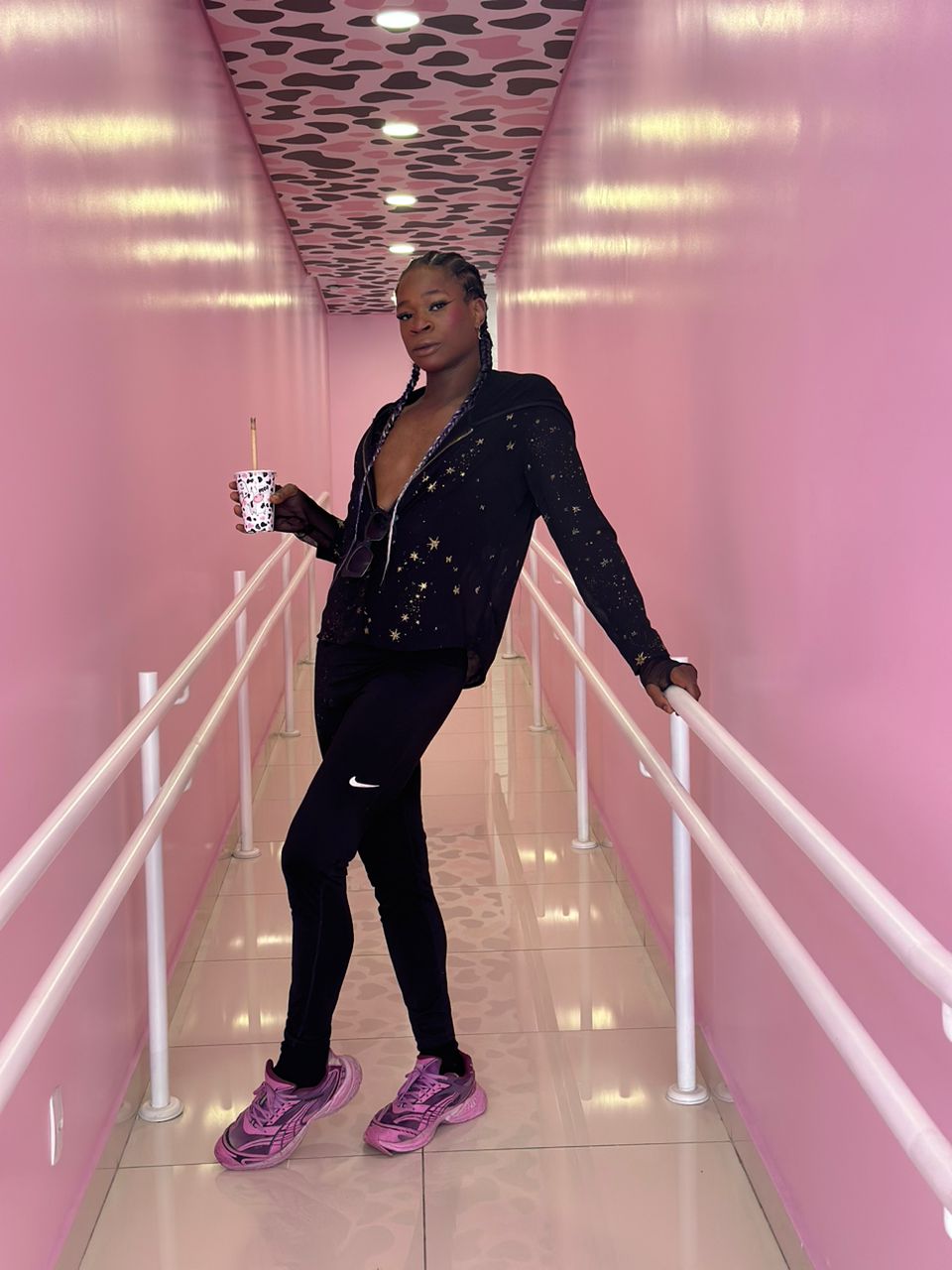 @taylor.dear
@taylor.dear
“I feel as though the queer community in Brussels is very much into policing people. So, for example, someone who might not be queer passing will be questioned about their intentions whenever they step into a queer scene. I think this mindset of having an image of what a queer person should look like and sticking to that is really damaging to the queer community. In the ballroom scene, however, there is this mutual and personal trust, which I think is lacking outside of the scene.”
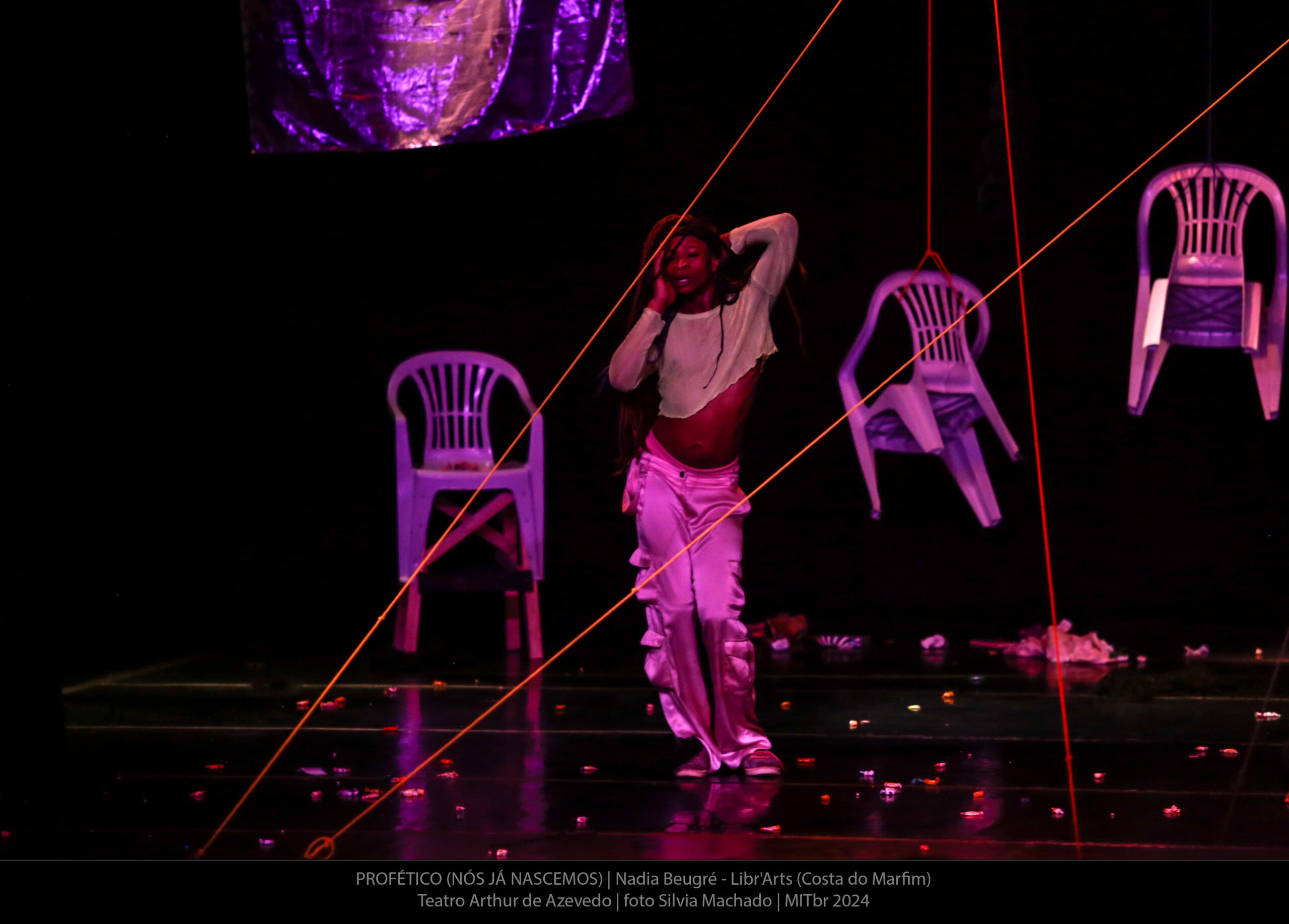 @Silvia Machado
@Silvia Machado
“I aspire to walk balls worldwide and bring the ballroom scene to Ivory Coast. Despite challenges, I believe the scene has the potential to thrive there. I think that the gay, lesbian, and queer communities in Ivory Coast and the ballroom scene have similar codes, so bringing ballroom there is possible. That would really be my ultimate goal.”
“Understand and respect the scene’s ideologies, take your time to learn and practice, and support marginalized members. For those outside the scene, support means respecting our spaces and promoting inclusivity.”
You may also like
-

Laugh, Love, and Friendship: Atout Comedy Club Brings Queer Joy to Brussels
Forget Valentine’s Day clichés—this year, Brussels’ queer comedy scene is celebrating friendship instead of romance. On Friday, February
-

Motherland: A Chaotic Cabaret That Mirrors Belgium Itself
What if Belgium were a drag show?That’s the question at the heart of Mère Patrie, a
-

Adriano Selva: The Soulful Pop Dreamer Who Feels It All
In a world that often rewards detachment, Adriano Selva chooses to stand beautifully exposed. His
-

Splinters of Joy: Lylybeth Merle’s Eco‑Queer Fairy Tale of Transition and Healing
Lylybeth Merle’s new book Échardes (“Splinters”), out in February 2026, is a tender, defiant journey through gender,
-

Bad Bunny Makes Grammys History — and Turns the Stage Into a Political Movement
It was a night that rewrote the rules of pop culture — in Spanish. At

